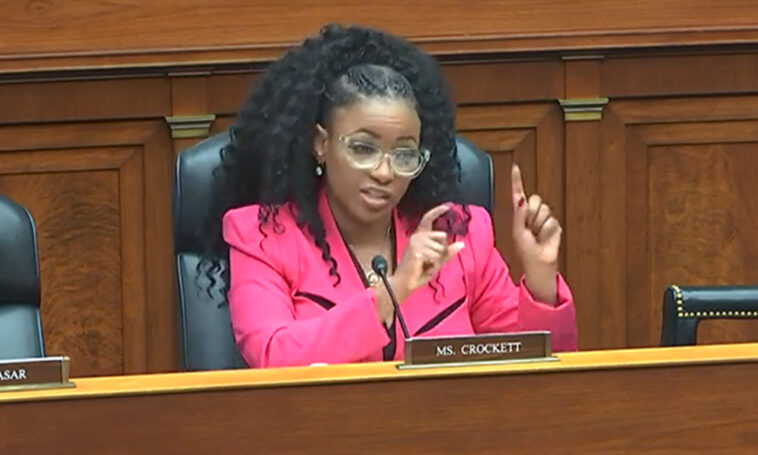Rep. Crockett questions if Secret Service dismissed ‘White male’ shooter as a threat due to racial bias. The incident has raised questions about the Secret Service’s response and whether racial bias played a role in their assessment of the threat. Rep. Crockett’s comments highlight the ongoing debate about racial bias in law enforcement and the need for bias training.
The Secret Service has faced criticism in the past for its handling of threats against high-profile individuals, particularly those from marginalized communities. The agency has implemented bias training programs in an effort to address these concerns, but some argue that more needs to be done.
As the investigation into the incident continues, it remains to be seen whether racial bias was a factor in the Secret Service’s slow response. However, the incident has sparked an important conversation about the need for bias training and the importance of addressing racial bias in law enforcement.
The House Oversight Committee hearing was just the beginning of a larger conversation about the Secret Service’s handling of threats and its treatment of marginalized communities. As the investigation continues, it is likely that more information will come to light about the agency’s response and whether racial bias played a role.
“I wanna talk about training and I want to talk about the fact that there’s been a little bit of dancing around as it relates to this being a suspicious person and this being a situation that was perceived to be a threat, and it seems as if there’s a different analysis that takes place,” Crockett argued.
In the meantime, the nation is left to wonder about the motivations behind Thomas Crooks’ actions and whether he was motivated by racial bias. The incident is a sobering reminder of the dangers of extremism and the importance of addressing the root causes of hate.
The Secret Service has a critical role to play in protecting high-profile individuals and preventing incidents like this from happening in the future. However, the agency must also acknowledge its own biases and take steps to address them.
As the nation moves forward, it is clear that more needs to be done to address the issue of racial bias in law enforcement. The Secret Service’s handling of the incident is just one example of the larger problem that exists.
The incident has sparked a national conversation about the need for bias training and the importance of addressing racial bias in law enforcement. It is a conversation that is long overdue and one that must continue in the days and weeks ahead.
In conclusion, the incident involving Thomas Crooks and the Secret Service’s slow response has raised important questions about racial bias in law enforcement. The nation must come together to address this issue and ensure that all individuals are treated equally and with respect. The Secret Service has a critical role to play in this effort and must take steps to address its own biases and improve its response to threats.






Join the Community and Be a Part of the Conversation
You must be logged in or registered to post a comment.